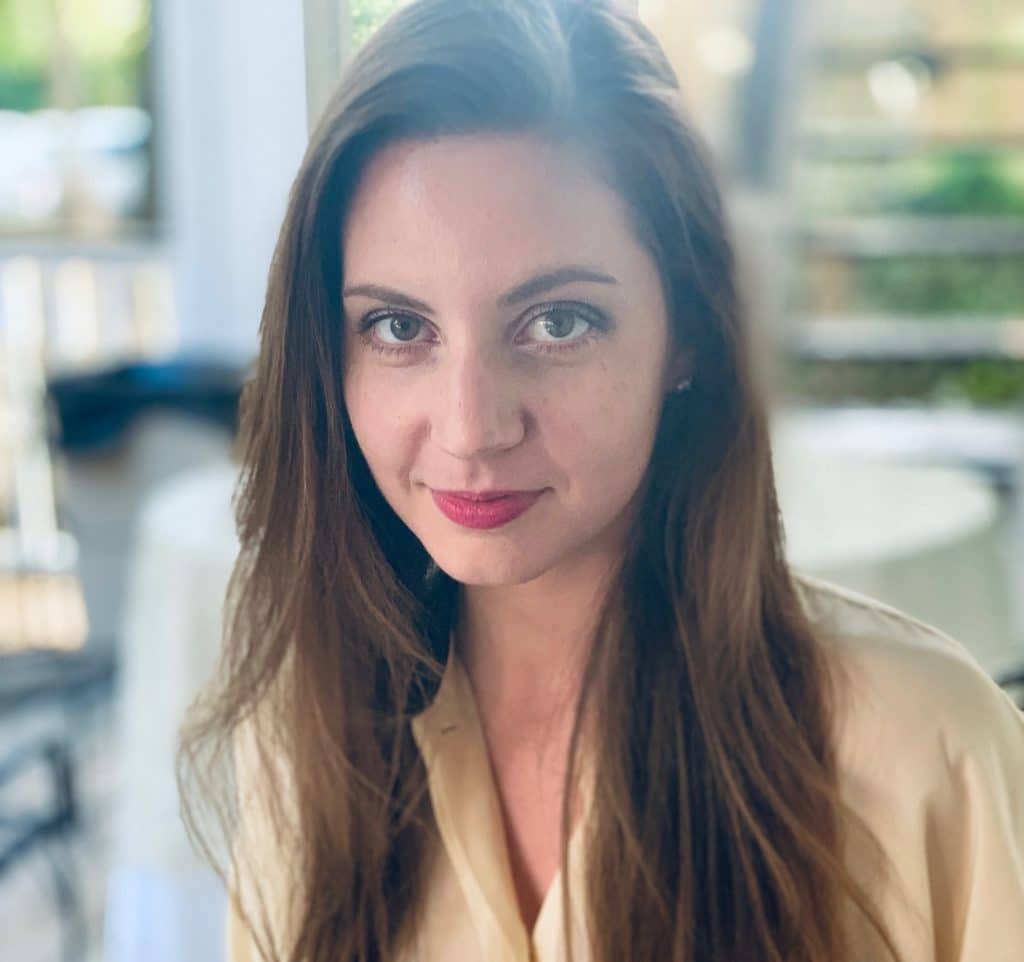
by Olivia Davis
Fulbright applications cover many different aspects of your life. From academic records, personal statements, statements of grant purpose, to even records of travel, the application committees have a lot of ways to learn about you and what you will uniquely bring to the Fulbright program.
There are two Fulbright programs that are particularly of note for current students and recent graduates. The U.S. Student Program for Study/Research funds individually designed one-year study/research projects, and the Fulbright English Teaching Assistantships (ETA) are one-year appointments in classrooms abroad to provide assistance to local English teachers.
Because the awards are competitive, it is essential that you are able to showcase with clear examples that you have what the Fulbright program looks for. Here are some ways that current students can shape their undergraduate careers so that if you decide to apply for Fulbright or a similar grant in the future, you can have enough to work to build a compelling application.
1. Learn about opportunities
There are a variety of different Fulbright grants available, so it’s a good idea to seek out opportunities to learn about the grants, fellowships, and scholarships the program offers. Even if you think that you already have exhausted what your university has to offer, give them the benefit of the doubt and attend informational settings, set up meetings with advisors–who often can connect with you Fulbright awardees who might be willing to give advice– and talk to upperclassmen or graduate students who have done programs that excite you. ProFellow features a number of interviews with Fulbright winners, and reading about their experiences will likely give you a head start. Learning about the opportunities out there now will help you begin to see what kinds of programs excite you and narrow down what you might want to eventually apply for.
2. Get international experience–even if you can’t go abroad
The Fulbright program is all about facilitating intercultural communication. This means that it looks for an appreciation for other cultures in its potential awardees. In addition, because the program does involve living in a country other than the United States for an extended period, they like to see flexibility, confidence, and cultural sensitivity in unfamiliar environments.
For some people, this might mean studying abroad or a lot of experience traveling. However, studying abroad or traveling does not inevitably make someone culturally sensitive–and they are not the only way to show “international experience.” If your university has a large international student body, see if there are volunteer opportunities to help new students get acclimated to the United States. This can be a great way to build relationships and learn about other cultures!
3. Get practical experience related to your ideal fellowship
While Fulbright places a heavy emphasis on intercultural communication, they are also looking for people who will be successful in the practicalities of their grant: i.e., what they are coming to the country to accomplish. If you are applying for a Fulbright ETA, they want to make sure that you can successfully teach English to students. If you are applying for a Fulbright research grant, they want to make sure that you will accomplish the goals of your research.
The best way that you can show the committee that you will be successful is by showing that you have already been successful at these things as an undergraduate. You don’t have to have a TESOL certificate for most grants, but you should be able to pull experiences from your life that show that you will be successful in the classroom. Consider volunteering as a teacher at a local nonprofit, working as a teaching assistant, or trying some of these creative ways to get teaching experience beyond the classroom as an undergraduate. In the same vein, you don’t have to have a published paper in your field to show the committee that you can successfully complete an independent project, but you might have a thesis experience or a demonstrated commitment to research, such as working in a lab over the course of several summers.

Olivia Davis has a BA in English from the University of Mississippi and was a 2017-2018 Fulbright ETA in Athens, Greece. She writes at Looking Upward and works full-time at a Christian ministry in Atlanta. When she’s not writing, she is probably playing the piano, drawing, or eating Greek food.
© ProFellow, LLC 2021, all rights reserved